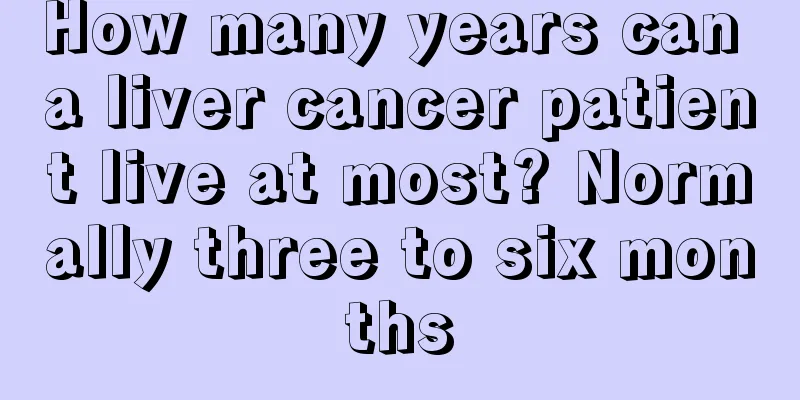Is esophageal cancer hereditary?

|
Many people know that some diseases tend to cluster in families and will be passed on to future generations. Esophageal cancer is not a directly inherited disease. There are very few families with esophageal cancer in the world. About one-third of the members of such families have esophageal cancer one after another, and the incidence rate of men and women is the same. They often suffer from the same type of cancer. Such esophageal cancer families must be related to genetics, but in fact, there are not many such families. The incidence of esophageal cancer tends to cluster in families. If someone in the family has esophageal cancer, his children are several times more likely to have esophageal cancer than the average person. These cancers are called hereditary familial cancers. The influence of this genetic factor is called genetic susceptibility in medicine. The inheritance of esophageal cancer is also affected by eating habits. The occurrence of esophageal cancer is a mystery that has not yet been fully solved. Developing healthy eating habits, staying away from unhealthy factors, and paying attention to prevention in life can reduce the risk of esophageal cancer. Especially in winter, do not drink boiling water and hot porridge for warmth. At the same time, do not eat or eat less spicy and irritating foods, and develop the habit of chewing slowly when eating to avoid chronic long-term damage to the esophageal mucosa. New breakthrough in tumor treatment technology: biological immunotherapy. Clinical studies have shown that immunotherapy can effectively inhibit and kill tumor cells without obvious adverse side effects. It plays an important role in clearing residual tiny metastatic lesions, preventing the spread and recurrence of cancer cells, and improving the patient's own immunity, especially for tumor patients after surgery. It has significant therapeutic effects on solid tumors such as gastric cancer, lung cancer, liver cancer, esophageal cancer, breast cancer, colorectal cancer, bladder and ovarian cancer. Clinical treatment also shows that biological immunotherapy has good effects in controlling chest and ascites, killing cancer cells in chest and ascites, and preventing and controlling cancer cell metastasis when treating patients with chest and ascites. Even for patients with advanced tumors who cannot undergo surgery or are intolerant to chemotherapy, it can play a positive role in improving the quality of life and prolonging life. Is esophageal cancer hereditary? To sum up, although esophageal cancer has a familial clustering, it is still affected by many factors. |
<<: My mother has esophageal cancer, is it hereditary?
>>: Is esophageal cancer hereditary?
Recommend
Will osteosarcoma heal on its own?
In today's society, osteosarcoma is a disease...
What to do if you have a lot of dandruff in spring
Since our skin is drier in spring, it is very com...
What are the folk remedies for treating lung cancer? Try these 4 folk remedies for treating lung cancer
I believe that everyone is familiar with the mali...
Five symptoms of colon cancer
Bowel cancer is a disease that is gaining more an...
Symptoms of right maxillary sinus cyst
Rhinitis is a relatively common disease at presen...
How to do postoperative care for rectal cancer
The rectum is the channel through which waste is ...
What are the traditional health-preserving exercises
Traditional health-preserving exercise is a kind ...
How to wash the medicine juice off baby's clothes
Because babies are very small, incompletely devel...
Insist on living a "Bajie" life in summer health preservation
As we enter the hot summer, we need to know that ...
Is sour red wine a good red wine?
Some people don’t drink red wine for a long time....
What is Mycoplasma pneumoniae infection?
Mycoplasma pneumoniae infection is generally a co...
What harm does hair dye do to the body
In order to make their hair look more beautiful o...
Treatment and diet for esophageal cancer
The diet for esophageal cancer should first be ai...
Can gallstones be crushed?
Gallstones are a very common disease in daily lif...
What are the new chemotherapy drugs for ovarian cancer
In the clinical trial, all subjects had taken ant...









